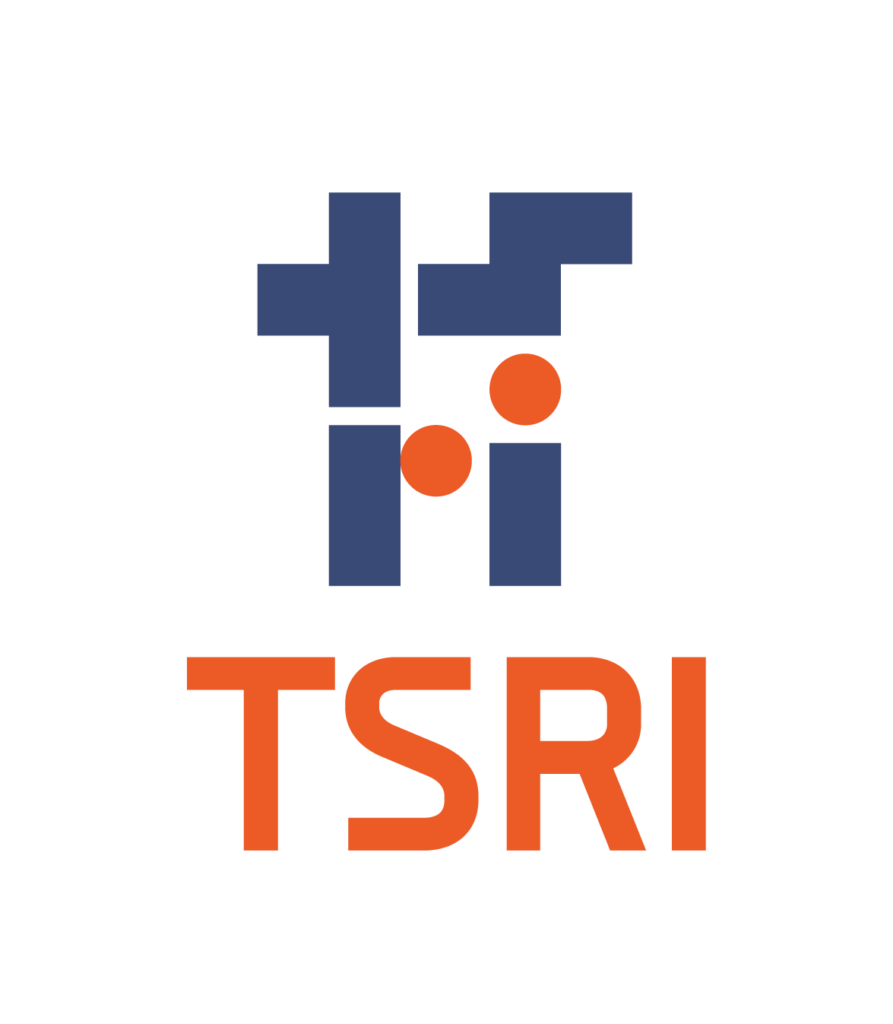Repellency screening of herbal products against the dengue fever vector, Aedes aegypti (Diptera: Culicidae)
Keywords:
plant products, essential oils, ethanolic extracts, hexane extracts, repellents, Aedes aegyptiAbstract
Objective To screen the repellent efficacy of herbal products, including essential oils and ethanolic and hexane extracts derived from fifteen plant species against the dengue fever vector, Aedes aegypti.
Methods Plant products were evaluated for repellency in a mosquito cage containing 250 bloodstarved female Ae. aegypti under laboratory conditions, by using the human-bait technique from the standard World Health Organization (WHO) method. DEET also was tested as a standard synthetic repellent with a similar protocol to that for the plant samples. Approximately 0.1 ml of each test sample was applied evenly onto a 30 cm2 test site on one forearm of each human volunteer. Exposure experiments continued at 30 min intervals until at least two bites occurred in a threeminute period, or when a first bite was followed by a confirming bite (second bite) in the subsequent observation period. Each test was duplicated on different days for each of two human volunteers.
Results Topical application of DEET and plant products provided effective protection against mosquitoes with varying degrees of repellency. Most hexane extracts exhibited higher repellency than that obtained from the ethanolic extracts and essential oils of the same plant. Hexane extract of Ligusticum sinense rhizome gave the highest repellent efficacy, with a median complete-protection time of 6.5 (5.0-8.0) h, which was comparable to that for DEET (6.25, 5.0-6.5 h). No local skin reaction such as rash, swelling, irritation, or other allergic responses was observed during the study period.
Conclusion Plant products with proven repellent efficacy, particularly hexane-extracted L. sinense, are potential candidates for the development of a new natural alternative to DEET, or an additional weapon used together with other chemicals/measures for integrated vector control.










